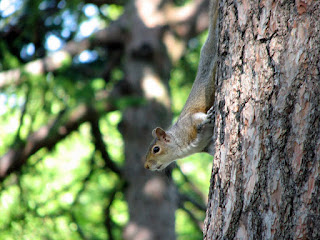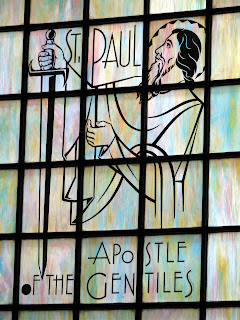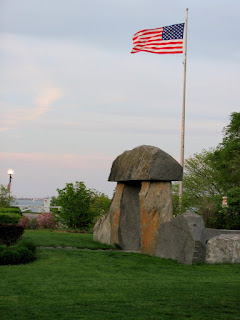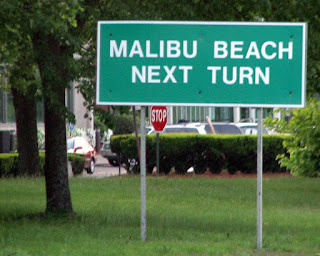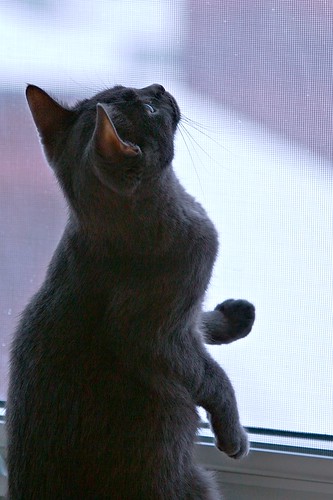The Creative Process
My good friend Chris (who also happens to be Quincy's newest resident) responded to my post "Why Photography" over at Narf's Cavern. I'd recommend you go read his profound insights there before you continue reading this.
I suppose there’s more evident arrangement and technical skill involved in lyric writing than photography, but I imagine some photographers out there would happily disagree. Nor is it true that personal skill always shines through lyrics while great photographs minimize the role of the photographer. The truly great songs are the ones that are so natural, so perfectly affecting, that they don’t seem written at all. It floors us that great songs were “written” because they seem to us to have been “discovered.” I suspect, in a very deep sense, they were.
 Chris, I couldn't agree more with you. The photograph is full of the photographer just like the lyrics are full of the composer. Hopefully they've uncovered something deep and true that already existed, but they bring their identity and vision to what was there so now there is this neat partnership or pairing of the two. Both are essential for the final product to ever exist.
Chris, I couldn't agree more with you. The photograph is full of the photographer just like the lyrics are full of the composer. Hopefully they've uncovered something deep and true that already existed, but they bring their identity and vision to what was there so now there is this neat partnership or pairing of the two. Both are essential for the final product to ever exist.[side note:
Perhaps we can use this as an illustration of the Trinity and how the Holy Spirit partners with us. The product of creativity should be full of us, and yet it should also be full of God (the object reflects God's glory--we capture it and then reflect it again). So, we humans are in one sense wholly responsible for the final product, but in another sense God is the one who is wholly responsible. The product is full of both God and us, and yet it is unified. Similarly, the God is full of the Father, Jesus, and the Holy Spirit and yet is singular and whole. Or, Christians are wholly ourselves and yet wholly dead to ourselves so that God can live in us and direct us. In that process our individuality is accentuated through partnership with God.* Just because something seems paradoxical or contradictory doesn't mean it is necessarily false. Some mystery is good.]
God seems to work like this everywhere. He's chosen to reveal himself through music and nature, people and governments, his Church and himself, but he still relies on those people and organizations to be an accurate reflection of him in order to glorify his name. I can choose not to honor him (much like I can choose not to take a beautiful photograph when I see it in front of me)--it doesn't mean God's any less deserving of honor (or the scene is any less strikingly beautiful)--it only means that I've decided not to participate in that greatness, that beauty. In the truest sense it is "my loss."
But God loves individuals, and small groups, and huge institutions, and all of creation. He actually is smart and big and powerful enough to get his mind around such big and small things at the same time. Probably my favorite verse in John's Revelation to the Church is:
He who has an ear, let him hear what the Spirit says to the churches. To him who overcomes, I will give some of the hidden manna. I will also give him a white stone with a new name written on it, known only to him who receives it.--John telling us how God intimately knows each of his children
I think I'll let Chris close:
I’d like to think that it’s not pride to recognize when something is good, to recognize when you have a talent for sharing that with people in artful ways, and to take joy in what you’ve done. That’s a gift and we ought to treasure it. We are told to think on whatever is right, noble, pure, lovely, virtuous, etc. and so it seems like a good idea to me to be pumping out as much lovely, noble, pure stuff as we can, so we have more to think on.
-----------------------
* Rather than being absorbed into a universal consciousness where we lose all sense of identity like some religions propose.
Labels: my photos, nature, other's blogs, theology














